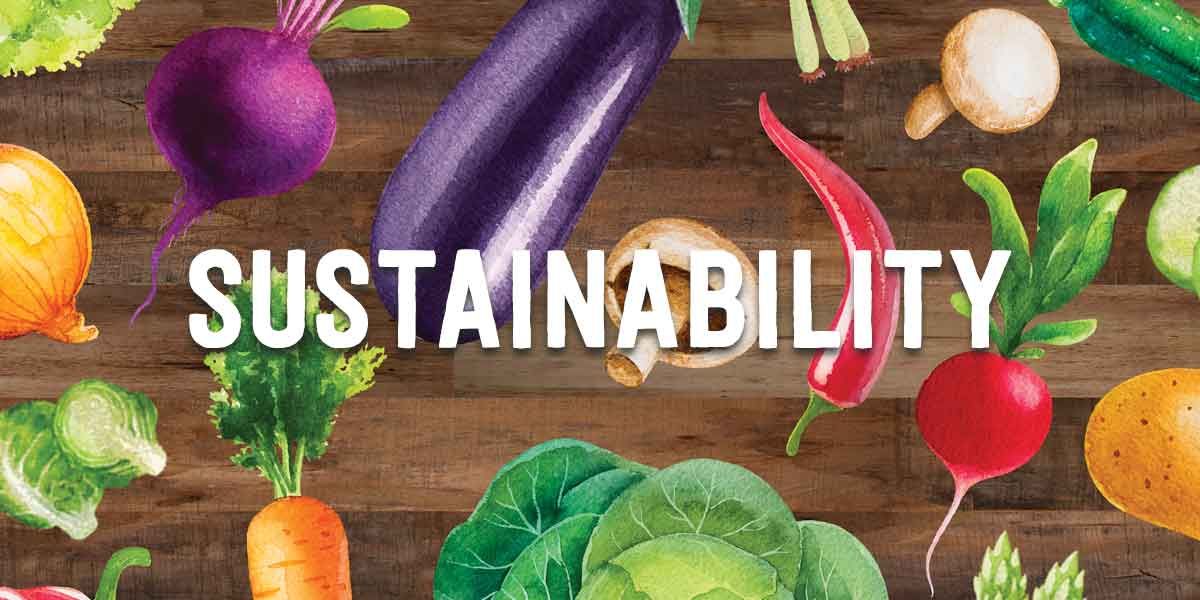The food industry, is one of the largest industries around the world, with many national economies relying heavily on it. Food sustainability is becoming increasingly more important as the years go on. One of the reasons for this is the fact that the population is constantly growing. It is expected, over the course of the next number of years, that the population will reach 9 billion people. The food chain of demand, from the growing population, is also increasing. We simply will not have enough natural resources to keep up with the demand from a population as big as this.
It is estimated that almost one-third of all food produced around the world is discarded or let go to waste. This results in about 1.3 billion tons of waste every year! Within Ireland, it is thought that all households can be held accountable for 117kgs worth of food waste per year! This accumulation of waste can have negative effects on a households finance but it will also contribute to the releasing of methane into the air, which has harmful effects on the environment by contributing to climate change. Food that is wasted and thrown away is brought to landfills, this waste will rot away in these landfills and then produce the most common greenhouse gas, methane. This is why it is vital to monitor waste, within your food business and household. Food waste should be prevented, where possible, at all times. It is vital that the food products purchased are required in order to produce.
Shop smart and do not be tempted by special offers if it’s not necessary. Store all products that are nearing their expiration date at the front, in the fridge/cupboard etc., in hope that they will be utilised. Take caution when serving meals, over-serving can led to unwanted waste. Keep all leftovers and re-work them into the next meal. Ensure that all food products are stored in their appropriate environments, so that premature deterioration will be prevented. It is also good to keep in mind that there are some fruits and vegetables that release ethylene gas, while undergoing ripening. Examples of these fruit and vegetables would include, bananas, avocados, tomatoes, cantaloupes, peaches, pears and green onions. Ethylene has the ability to speed up the ripening of other ethylene-sensitive food products, such as potatoes, apples, leafy greens, berries and peppers. Therefore it would be wise, when storing food products, to separate these fruits and vegetables.
